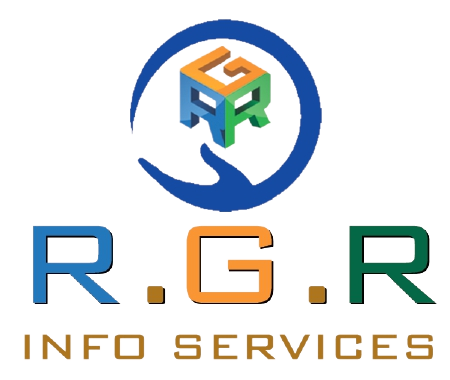Title: Navigating Business Loans: A Comprehensive Guide to Fueling Your Enterprise
Introduction
Securing adequate funding is often a pivotal factor in the success of any business venture. Whether you’re launching a startup, expanding an existing business, or weathering financial challenges, business loans can provide the necessary capital injection. However, the world of business loans is diverse and complex, encompassing various types of loans, lenders, and terms. This article aims to serve as your comprehensive guide to understanding and navigating the realm of business loans.
Understanding Business Loans
Business loans are financial products specifically designed to provide companies with the capital they need to fund their operations, growth initiatives, or various projects. These loans are offered by traditional banks, credit unions, online lenders, and even alternative financing platforms. Unlike personal loans, business loans often consider both the business’s financial health and the borrower’s creditworthiness.
Types of Business Loans
- Term Loans: Term loans are perhaps the most common type of business loans. They involve borrowing a lump sum amount that is repaid over a fixed term with regular payments. These loans are versatile and can be used for various purposes, such as expanding operations, purchasing equipment, or managing cash flow.
- SBA Loans: The U.S. Small Business Administration (SBA) offers loan programs that provide government-backed guarantees to lenders. This reduces the risk for lenders, making it easier for small businesses to access funding. SBA loans typically have favorable terms and lower interest rates.
- Business Lines of Credit: A business line of credit functions like a revolving credit account. It provides a predetermined credit limit that a business can draw from as needed. Interest is only paid on the amount borrowed, making it a flexible solution for managing short-term cash flow gaps.
- Equipment Financing: This type of loan is specifically tailored for purchasing business equipment. The equipment being financed serves as collateral, making it a secured loan option. This can be particularly useful for businesses that rely heavily on specialized machinery.
- Invoice Financing: Also known as accounts receivable financing, this option allows businesses to obtain immediate cash by selling their outstanding invoices to a lender. The lender advances a percentage of the invoice amount and collects from the customers directly.
- Merchant Cash Advances: In this alternative financing method, businesses receive a lump sum in exchange for a portion of their future credit card sales. While it provides quick access to funds, merchant cash advances often come with higher costs.
Benefits of Business Loans
- Capital Injection: The primary advantage of business loans is the infusion of capital they provide. This can fuel growth, facilitate expansions, and enable businesses to take advantage of new opportunities.
- Financial Flexibility: Business loans offer flexibility in terms of how the funds can be used. Whether it’s hiring new employees, launching a marketing campaign, or purchasing inventory, the choice is yours.
- Building Credit: Responsible borrowing and timely repayment of business loans can contribute to building a positive credit history for your company. This can open doors to better financing terms in the future.
- Risk Mitigation: Rather than relying solely on personal savings or equity investment, business loans allow you to preserve your personal assets while still securing the necessary funding.
Considerations Before Borrowing
- Assess Your Needs: Clearly define why you need the loan and how much capital is required. Carefully evaluate your business’s financial health and determine the amount you can comfortably repay.
- Research Lenders: Different lenders offer varying terms, interest rates, and application processes. Research and compare options to find a lender that aligns with your business’s needs and goals.
- Loan Terms and Fees: Scrutinize the loan terms, including interest rates, repayment periods, and any associated fees. Understand the total cost of borrowing to make an informed decision.
- Business Plan: Some lenders may require a solid business plan that outlines how you intend to use the borrowed funds and how you’ll repay the loan. A well-structured business plan can enhance your credibility as a borrower.
- Creditworthiness: Just as with personal loans, your credit score matters for business loans. Check your business credit score and work on improving it if needed.
Conclusion
Business loans can serve as powerful catalysts for growth, innovation, and financial stability for businesses of all sizes. As a business owner, understanding the nuances of various loan types, evaluating your financial needs, and choosing the right lender are essential steps in making informed borrowing decisions. By conducting thorough research, assessing your business’s financial health, and being mindful of the terms, you can secure the capital your business needs while positioning it for long-term success. Remember, a well-chosen business loan is not just a financial transaction; it’s a strategic investment in your business’s future.
